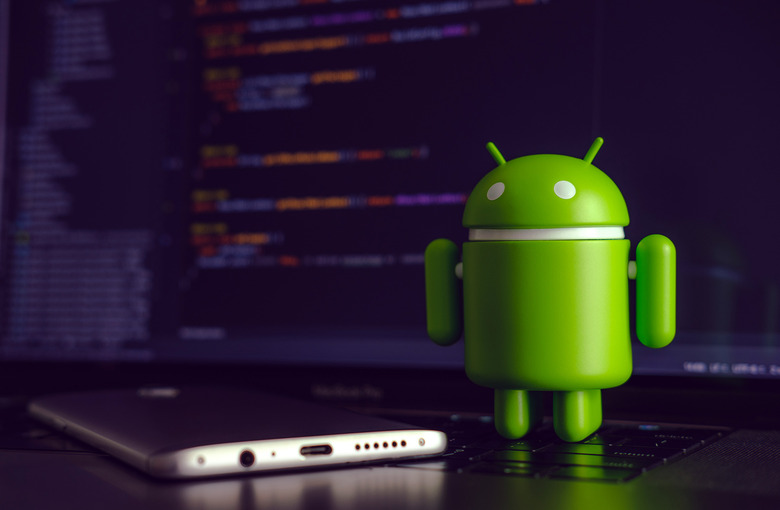Android Phones Stink Again
Once upon a time, smartphones were like snowflakes and no two models looked the same. This is going back to what we like to call "the before time," when smartphones still had these annoying little things all over them called buttons. Most smartphones didn't even have touchscreens and the ones that did used resistive technology that only really worked with a stylus. Can you even imagine? Then the iPhone came along and in most ways, smartphones changed for the better. Buttons were slowly cast aside and replaced by larger capacitive touchscreens. Smartphone platforms were simplified as Android followed Apple's lead and every other mobile OS disintegrated. On-device app portals like the iOS App Store replaced third-party stores that required you to buy apps on a PC and then sync them to your smartphone. And so on. But there's one way that the smartphone market took a few steps back following the original iPhone's introduction in 2007: Phones all started to look the same.
In the early days following the iPhone's release, phones all looked the same because other smartphone makers blatantly and shamelessly stole Apple's designs. Remember when Samsung literally wrote a book about how to copy the iPhone pixel by pixel? A series of huge lawsuits changed things for a while, but then the iPhone X came along in 2017 and nearly every single Android phone maker on the planet copied Apple's new design. Take a look at this picture, which shows 20 embarrassing Android-powered iPhone X rip-offs all in one image.
That was a wake-up call of sorts for Android vendors, and it sent them all off in their own directions beginning in late 2018. We saw innovative new solutions like pop-up selfie cameras and even smartphones with second screens on the back. It was glorious... and then it was over.
After a brief period of innovation as Android phone makers looked for unique ways to get as close as possible to a true all-screen design, companies are now falling back into old habits. The good news is that this time around, they're not copying Apple. That would be impossible since Apple is still using the same old iPhone design it has been using since way back in 2017, and Android phone vendors have already moved on. Instead, they're copying each other this time around. But the end result is all too familiar: Android phones are all starting to look the same again.
Have you not noticed? Well, let's take a look at some smartphones that are set to be released in the coming months, beginning with Samsung's upcoming Galaxy S20 series:
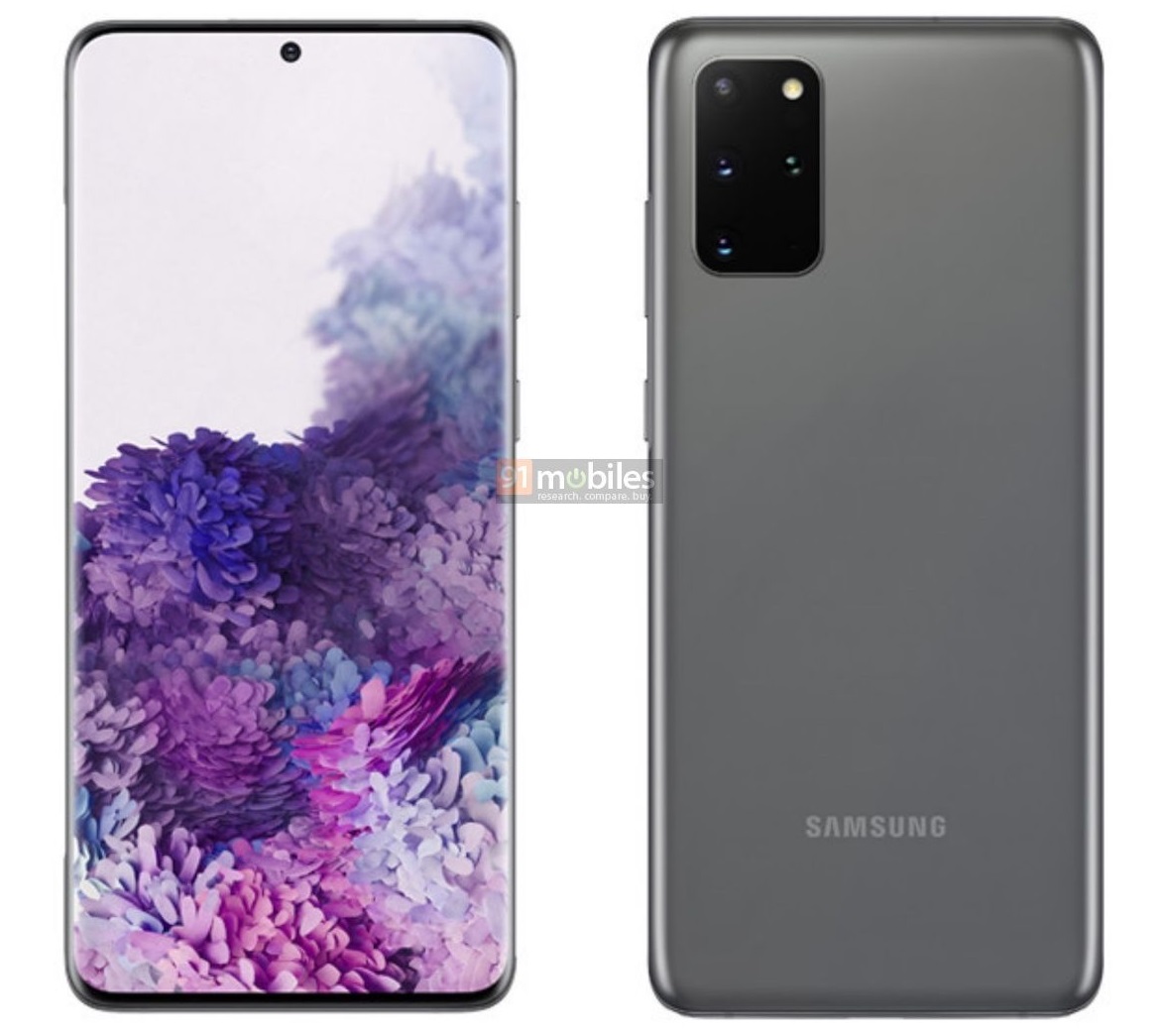
Here's the upcoming new Samsung Galaxy A11 that just leaked on Thursday:
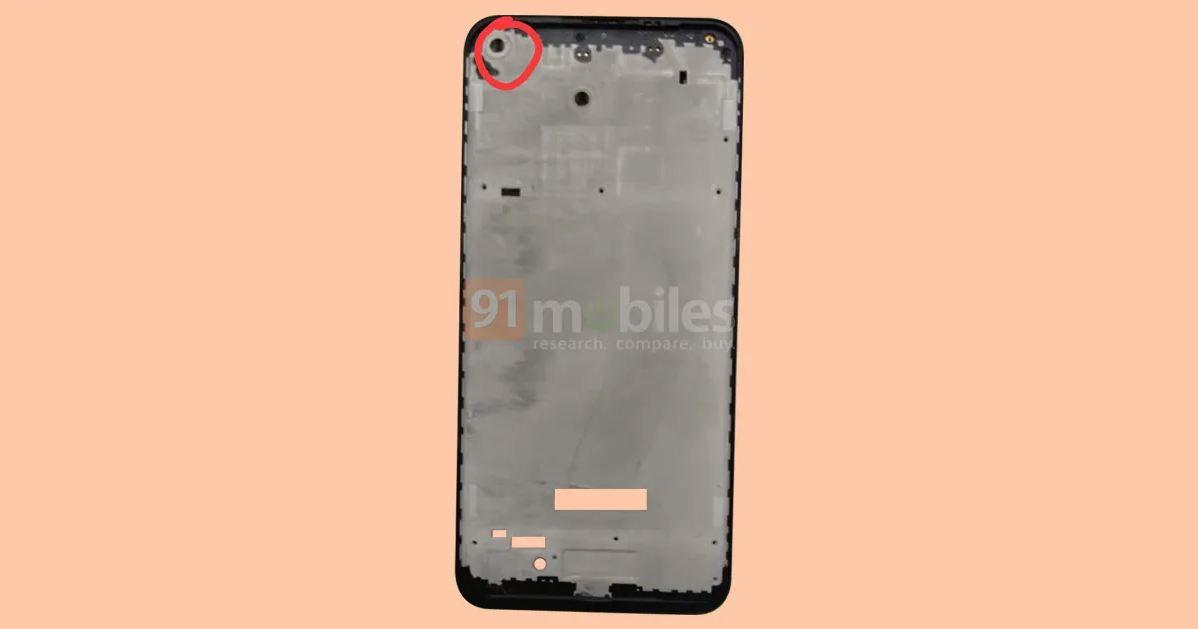
Here's an unnamed 5G Motorola smartphone set to launch in the coming months, which leaked earlier this week:
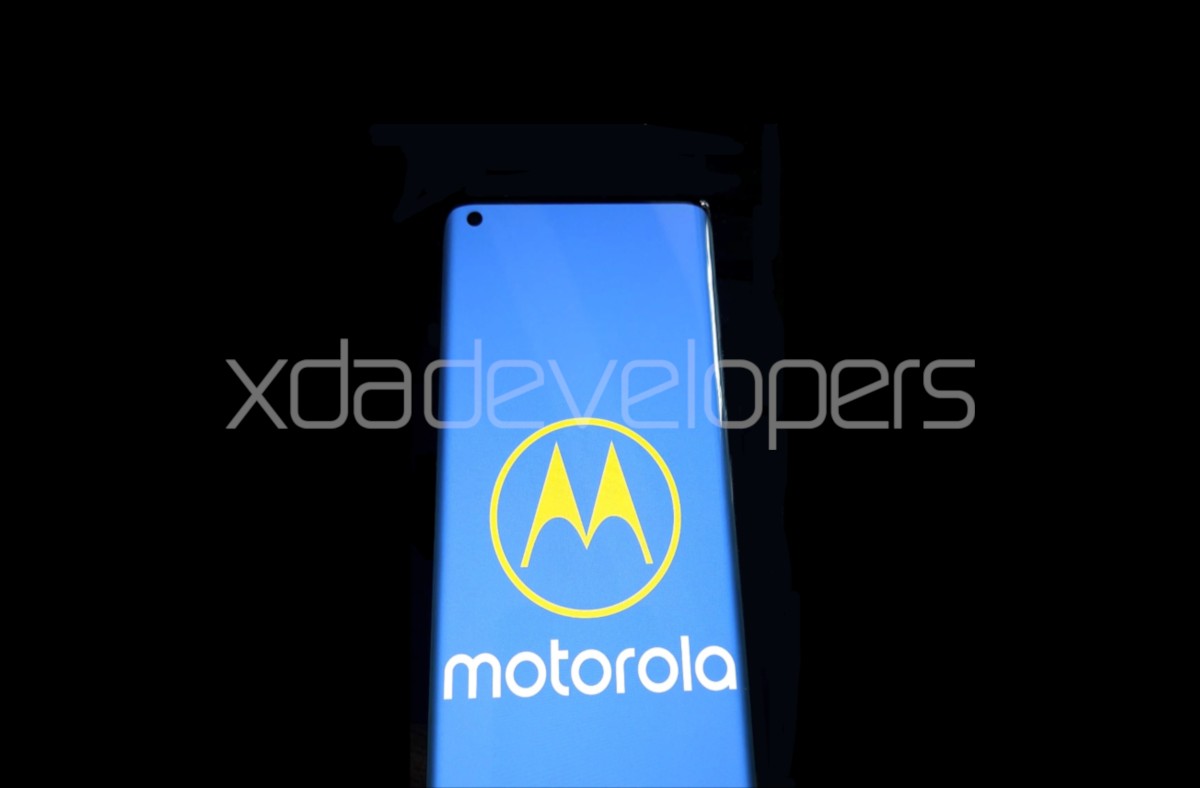
Here's the OnePlus 8 that will debut shortly:

Here's the display glass from the upcoming Oppo Find X2:
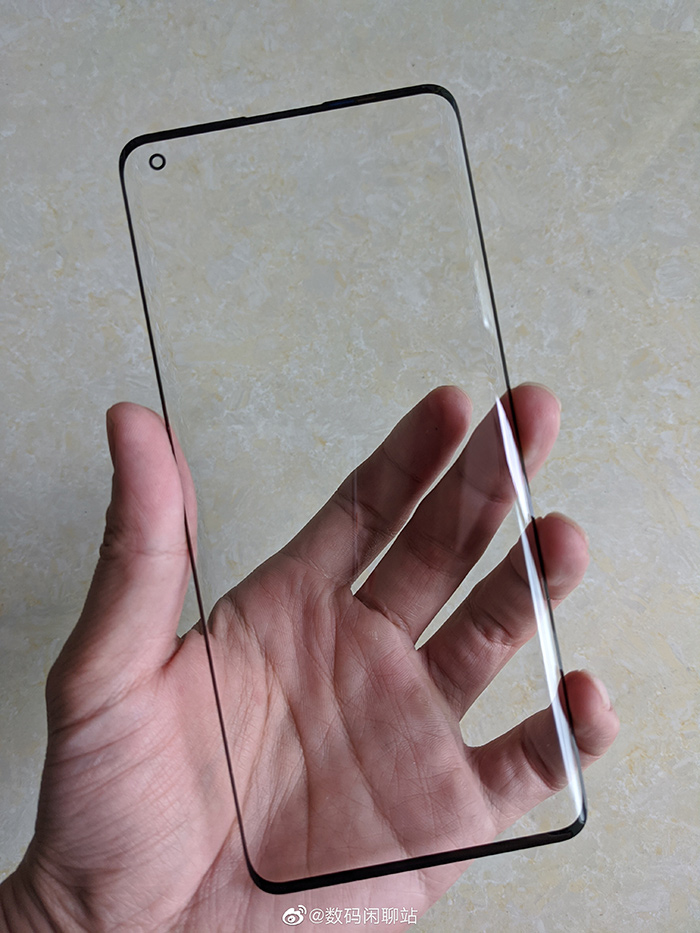
Here's the Huawei P40 Pro that has leaked on Weibo and elsewhere:
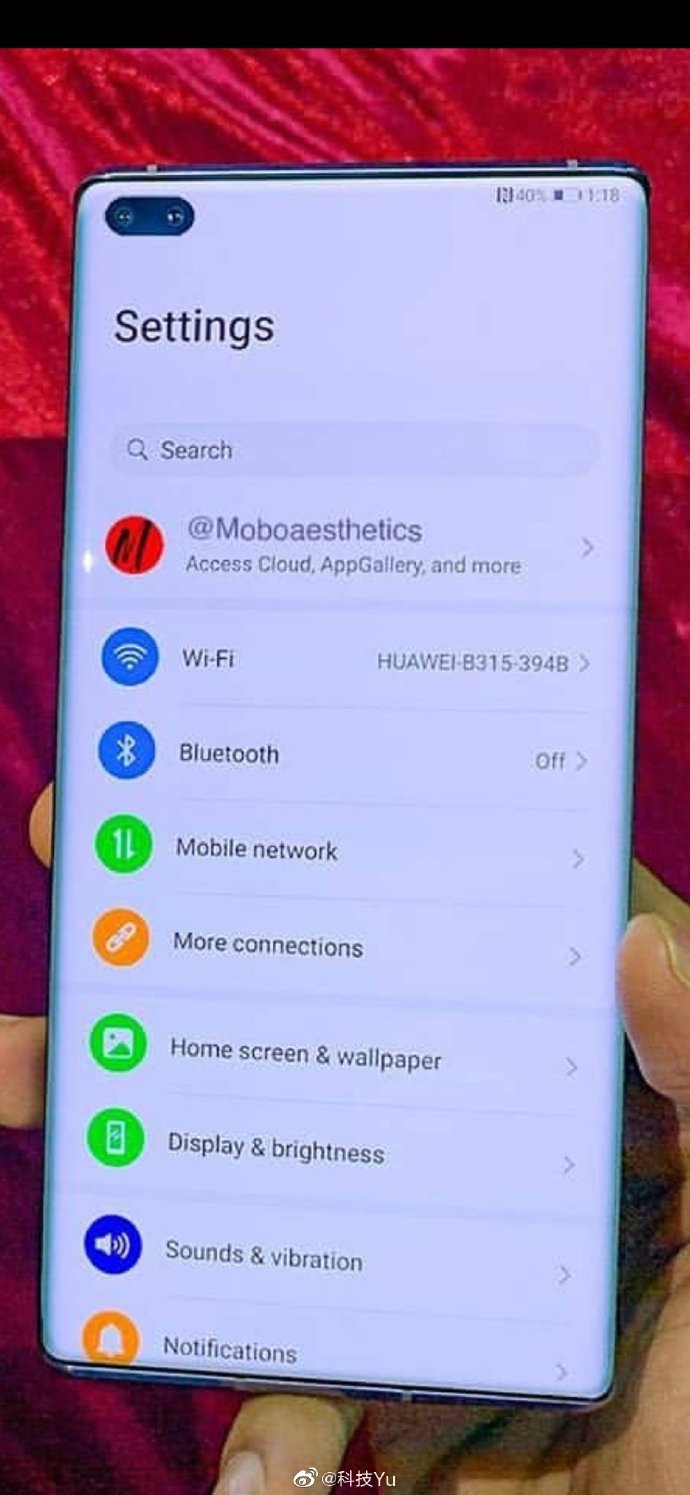
Remember the Galaxy S10+ from last year?
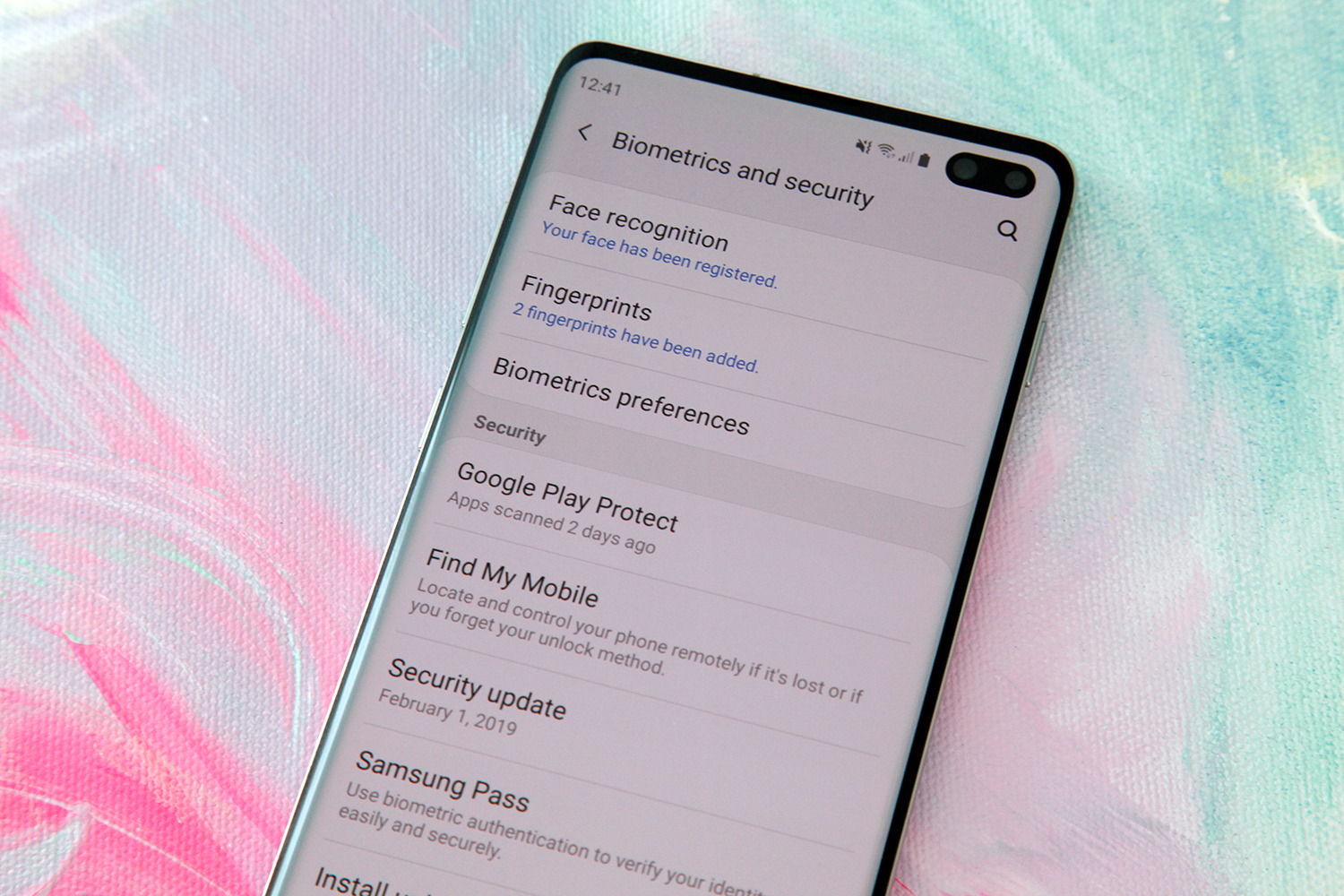
I could go on and on, but I'm pretty sure you get the idea at this point. Every single one of these smartphones (and many others) has the same basic design characterized by curved sides, narrow bezels, and a hole-punch display. Oh and how ironic is it, by the way, that Samsung was the first smartphone maker to use this new design and now every other Android vendor is copying it? Samsung wrote the book on stealing smartphone designs, and now its own designs are being stolen left and right.
For the time being, the most original designs out there are found on foldable smartphones like the new Motorola Razr and the Samsung Galaxy Z Flip. Folding smartphones are neat and all, but they still have a ton of drawbacks. For one thing, they're far too expensive for most people to afford. Foldable smartphones like the Galaxy Z Flip also still have some serious technology limitations — do you really want to use a smartphone with a big crease across the middle of the screen that you can clearly see while you're using it?
The good news is that generally speaking, the design every single Android phone maker out there is using is a pretty sweet one. These handsets all have nice big displays and all-screen designs that are quite immersive. It's still disappointing that there was a brief period of design innovation from all these companies beginning in late 2018, but now it's already over and they're back to doing what they apparently do best.
